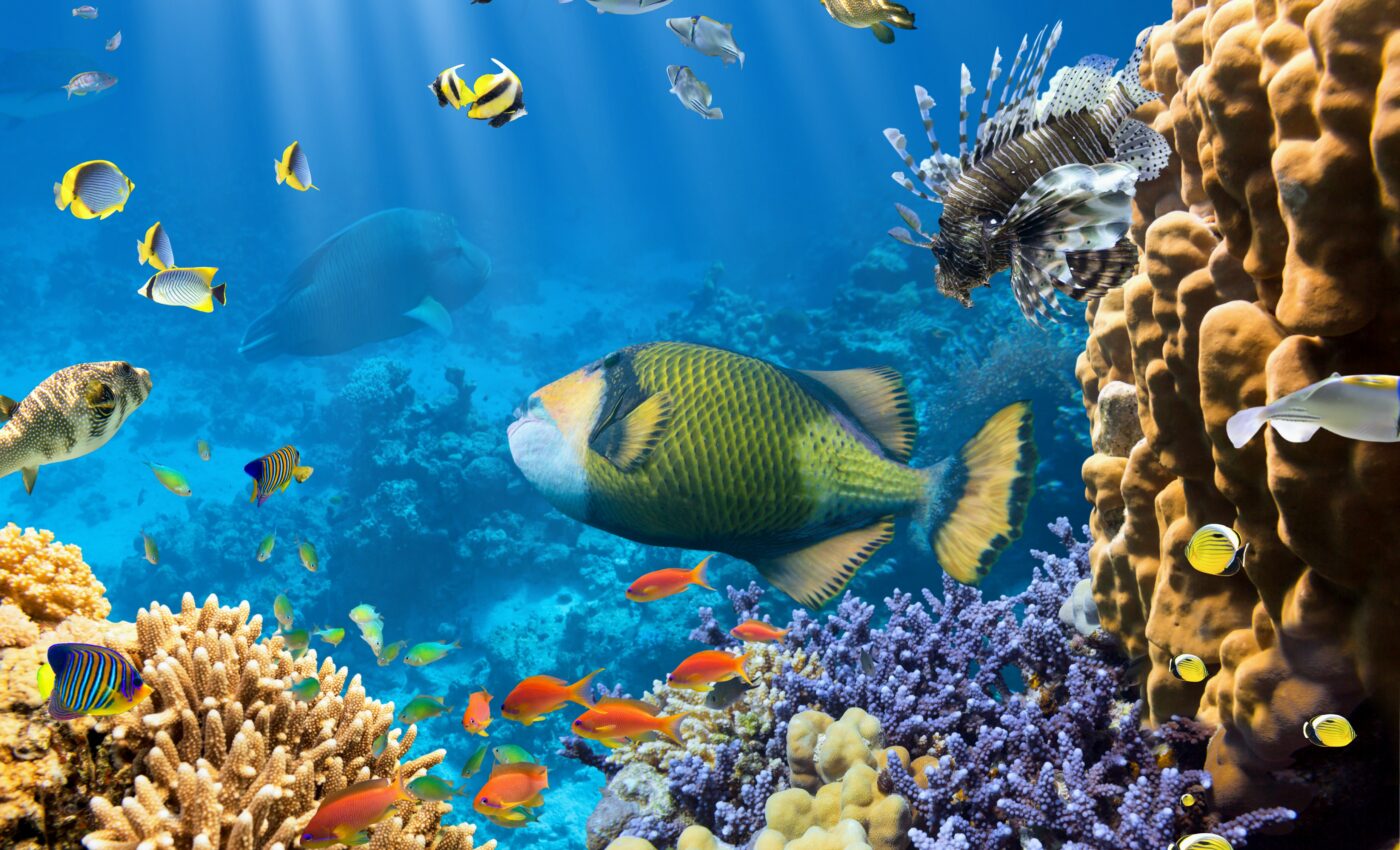
Coral reef health can be measured through sound
Coral reefs have complex soundscapes – created by fish and other creatures living there – which can be used by scientists to measure coral health. However, traditional acoustic surveys of reefs rely on labor-intensive methods which face significant difficulties in assessing reef health through the use of individual recordings.
Now, a research team led by the University of Exeter has trained a computer algorithm using multiple recordings of both healthy and degraded reefs, allowing the machine to learn the difference. When fed new data, this algorithm was able to successfully identify reef health 92 percent of the time.
“Coral reefs are facing multiple threats including climate change, so monitoring their health and the success of conservation projects is vital,” said study lead author Ben Williams, a doctoral student in Soundscape Ecology at the University of Exeter. “One major difficulty is that visual and acoustic surveys of reefs usually rely on labor-intensive methods. Visual surveys are also limited by the fact that many reef creatures conceal themselves, or are active at night, while the complexity of reef sounds has made it difficult to identify reef health using individual recordings.”
The scientists’ approach to this problem was to use machine learning in order to train computers to learn “the song of the reef.” Their findings suggest that computers can pick up patterns that are undetectable to the human ear, which they can use to faster and more accurately assess reef health. While the meaning of many individual calls of reef inhabitants remains unknown, this new method can nevertheless distinguish between the overall sounds of healthy and unhealthy reefs.
“This is a really exciting development,” said study co-author Timothy Lamont, a marine biologist at Lancaster University. “Sound recorders and AI could be used around the world to monitor the health of reefs, and discover whether attempts to protect and restore them are working.”
“In many cases it’s easier and cheaper to deploy an underwater hydrophone on a reef and leave it there than to have expert divers visiting the reef repeatedly to survey it – especially in remote locations,” he concluded.
The study is published in the journal Ecological Indicators.
—
By Andrei Ionescu, Earth.com Staff Writer













